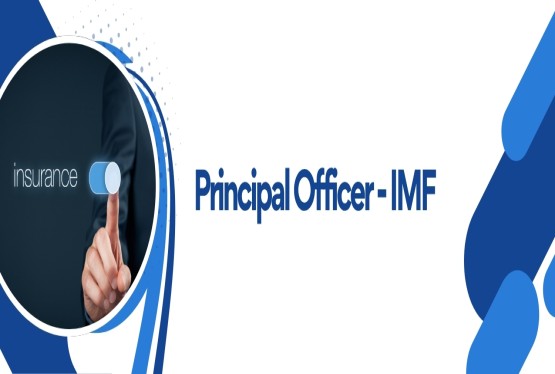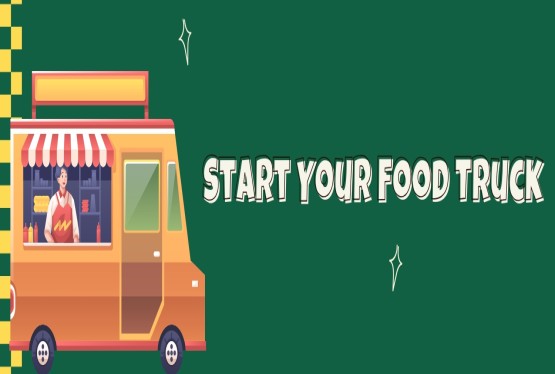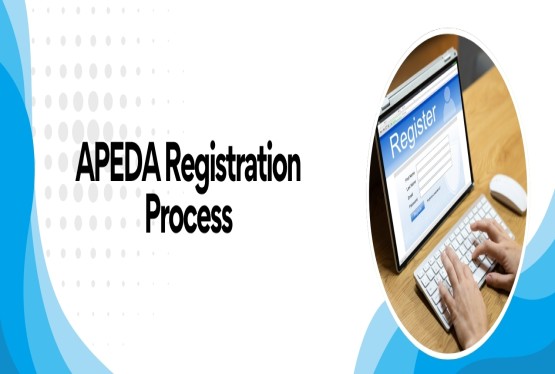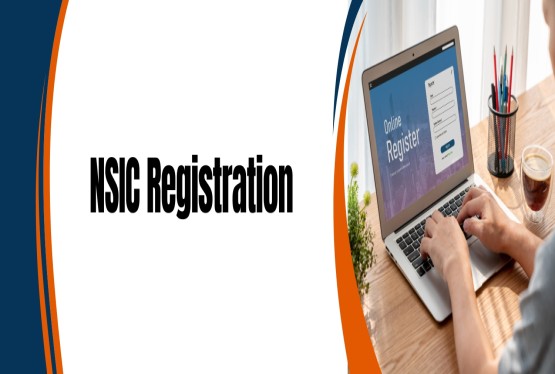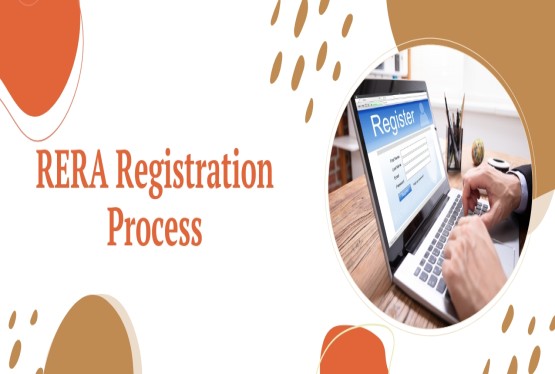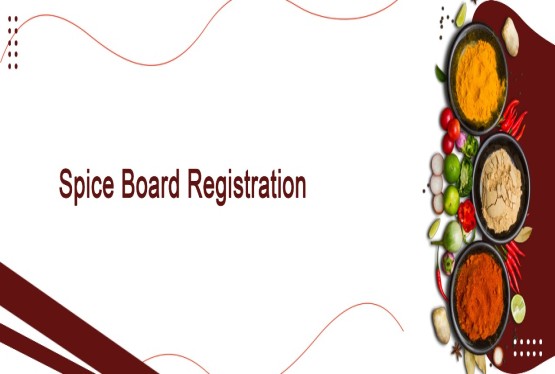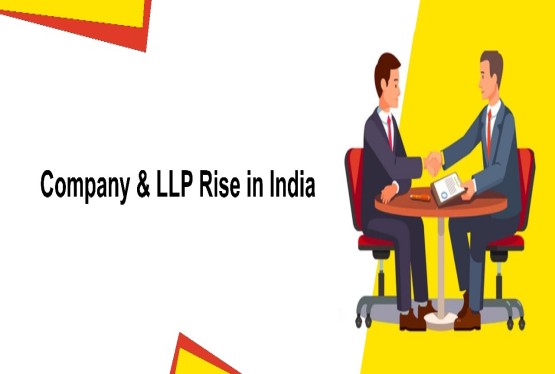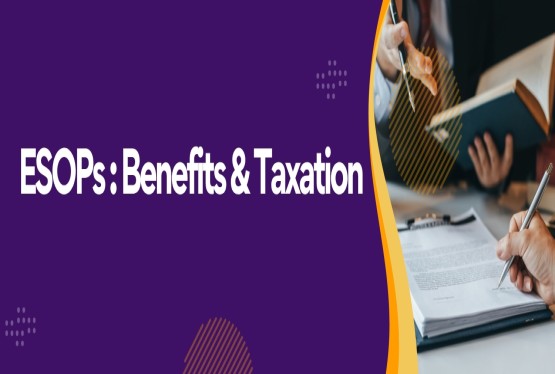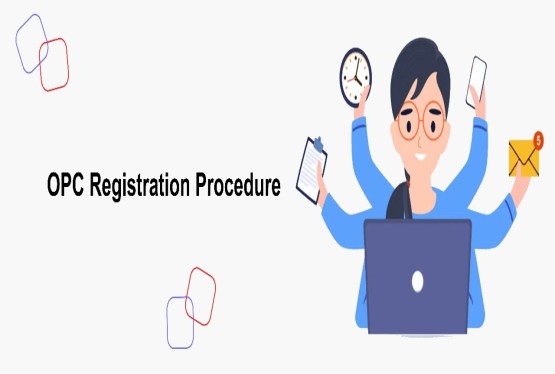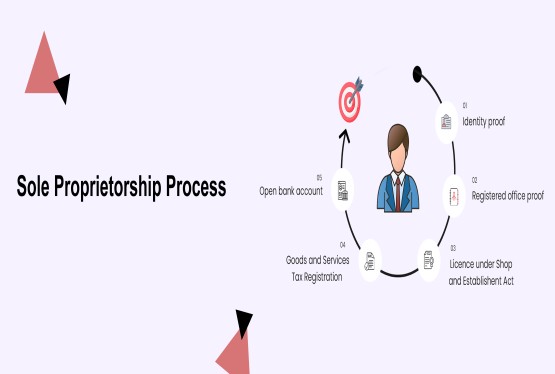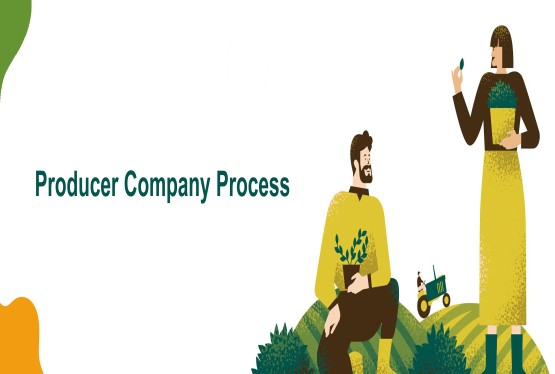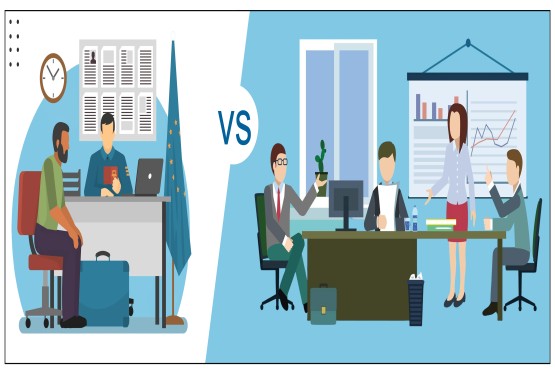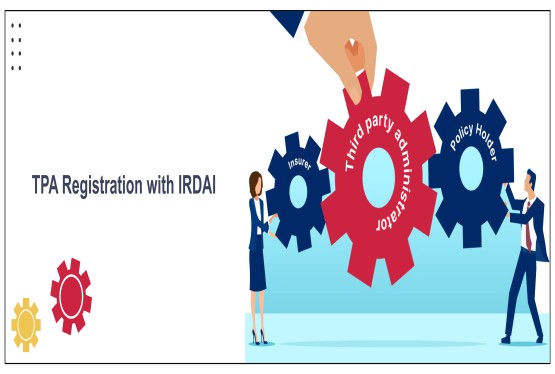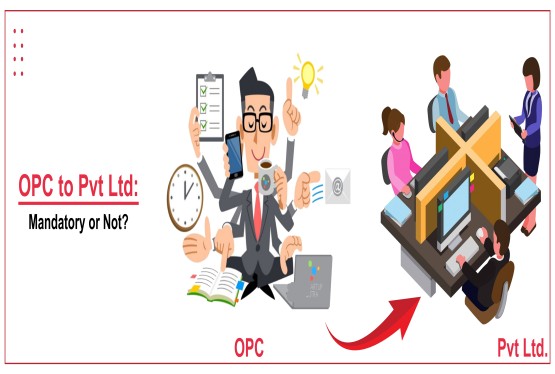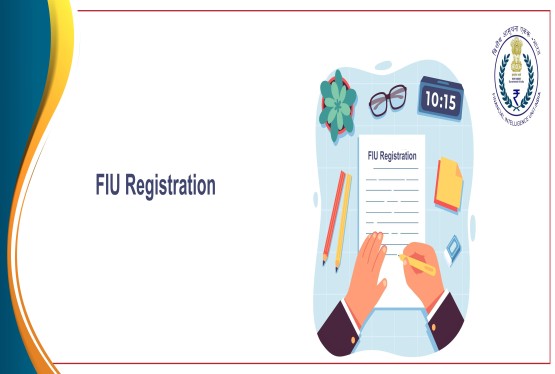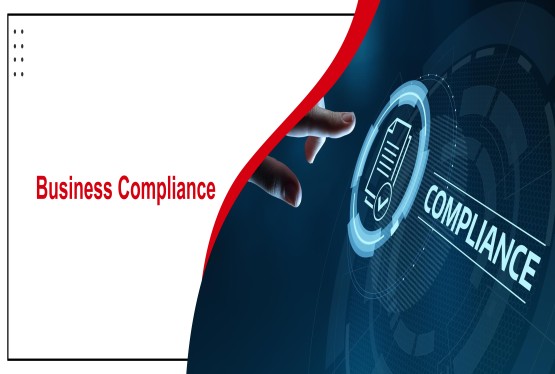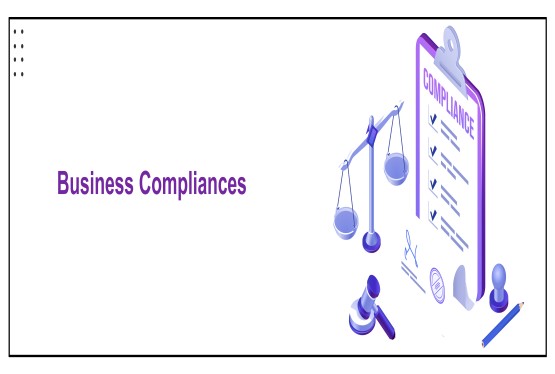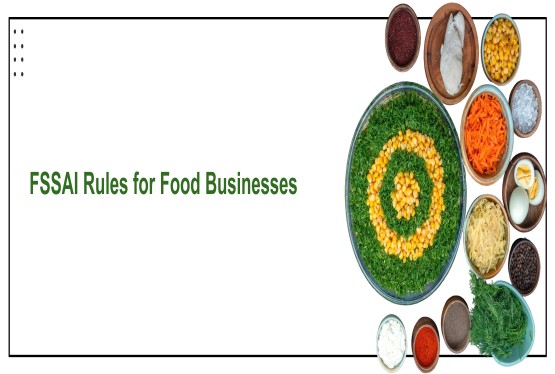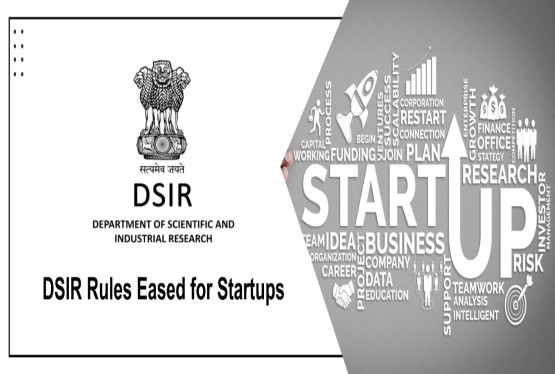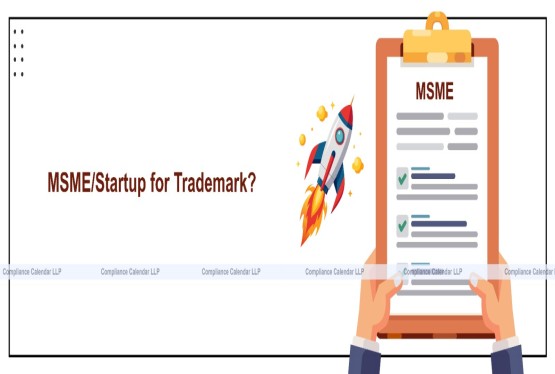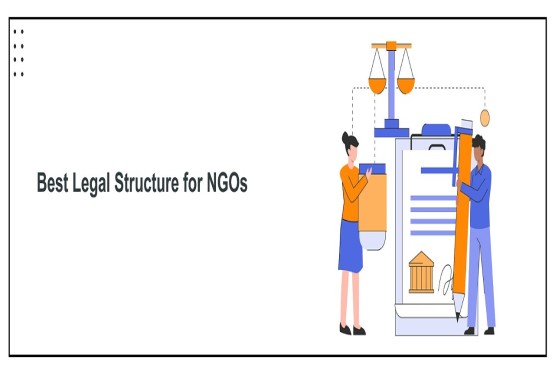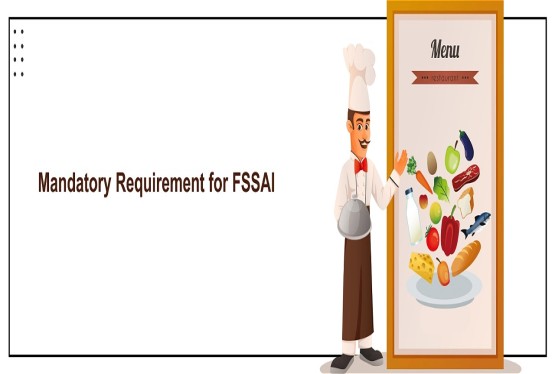On May 23, 2025, the Food Safety and Standards Authority of India (FSSAI) issued a landmark notification titled FSSAI Issues Guidelines for Acceptance of Recycled PET as Food Contact Material. This move marks a significant step toward regulating how recycled Polyethylene Terephthalate (PET) is used in food packaging, ensuring public health and promoting sustainability. Let us break down the guidelines in detail, explaining each aspect in simple, easy-to-understand language.
Scope of the Notification Guidelines for Acceptance of Recycled PET as Food Contact Material
The Guidelines for Acceptance of Recycled PET as Food Contact Material explain that the rules apply specifically to PET that has been used in food applications and is now being recycled to make new food packaging materials. It is important to note that these guidelines only cover recycling technologies approved by FSSAI. PET recycled for non-food products, like textiles or industrial applications, does not fall under this notification. This focus ensures that food safety remains the top priority when recycled materials come into contact with food products.
Definitions Provided in the Notification
To avoid confusion, the notification clearly defines key terms. The "Food Authority" refers to the Food Safety and Standards Authority of India (FSSAI), the regulatory body set up under section 4 of the Food Safety and Standards Act, 2006. The term "manufacturer" refers to the operator of the recycling process or the company producing recycled PET as Food Contact Material (FCM-rPET) that is approved by FSSAI. Other key materials include Virgin PET (vPET), Post-Consumer Food Grade PET, PET Resin, and Recycled PET (FCM-rPET). These definitions set the groundwork for understanding who is covered and what materials fall under the scope of these guidelines.
Testing Requirements for Recycled PET
The Guidelines for Acceptance of Recycled PET as Food Contact Material highlight several strict testing requirements. One is the Challenge Test, where virgin or recycled PET is exposed to specific chemicals, and then the amount of residue left is measured. Another test is the Extraction Test, which measures how much of certain substances are present in the recycled PET. Additionally, the Migration Test checks how much material migrates from PET containers into the food they hold. These tests ensure that recycled PET is free from harmful contaminants. All tests must be conducted in laboratories accredited by NABL or ILAC, following standards like IS:12252, IS 9845, IS 9833, and their updated versions. This step ensures that only high-quality, safe recycled PET makes it to food packaging.
Process Requirements for Recycling PET
The guidelines provide detailed process requirements that manufacturers must follow. First, the process input must meet minimum quality standards set for FCM-rPET resin. This means that only post-consumer PET bottles originally used for food can be used. Second, the recycling process itself must be validated using the challenge test to ensure that contamination levels in the resin are below 220 micrograms per kilogram, or migration levels are below 10 micrograms per kilogram in food or food simulant. Third, manufacturers must set up a monitoring program to regularly check the quality of recycled PET. This includes chemical analysis and routine inspections to ensure long-term consistency. These measures guarantee that recycled PET meets safety standards every time.
Acceptance Criteria for FCM-rPET Resin
The FSSAI Issues Guidelines for Acceptance of Recycled PET as Food Contact Material lay down strict acceptance criteria for the recycled PET resin. According to the notification, the resin must meet specific decontamination levels, as detailed in sections 3.2 and 3.3 of the guidelines. The resin must pass all validation tests to prove it is safe for food contact applications. This means the recycled PET must be as pure and safe as virgin PET, ensuring no harm comes to consumers. Meeting these high standards is essential before the material can be used in making food packaging products.
Marking and Labelling Requirements
Another important area covered by the Guidelines for Acceptance of Recycled PET as Food Contact Material is marking and labelling. Any food packaging made from recycled PET must carry a special symbol: FCM-rPET-X, where X indicates the percentage of recycled resin used. For example, if a bottle is made with 50% recycled PET, it would be labelled FCM-rPET-50. Additionally, the label must clearly state that the packaging material is made with recycled PET. These labels help ensure transparency and allow consumers to make informed choices. Manufacturers also need to comply with other national labelling requirements, ensuring they meet all regulatory expectations.
Documentation and Record-Keeping
The notification stresses the importance of proper documentation. Manufacturers, converters, beverage bottlers, food packers, and Food Business Operators (FBOs) must maintain specific records. These include a Declaration of Compliance, showing that the recycled PET meets all FSSAI standards. They must also keep a Regulatory Opinion from an approved authority and detailed supply chain records that track the material from recycling to final use. Quality assurance data must be available at every stage. This thorough documentation ensures traceability and accountability throughout the entire food supply chain.
Authorization Process for Manufacturers
The FSSAI Issues Guidelines for Acceptance of Recycled PET as Food Contact Material set a clear process for manufacturers to get authorized. They must submit an application using Form I, providing detailed information about their company, recycling technology, global approvals (if any), validation reports, and quality test results. Once submitted, the FSSAI assesses the application and either authorizes or rejects it using Form II. Authorized manufacturers are then listed on the FSSAI website. Importantly, FSSAI also reserves the right to ask for any additional information from these manufacturers at any time, ensuring ongoing compliance.
Annual Audits and Inspection Rights
Manufacturers of recycled PET for food contact materials must undergo annual audits of their plants. This is part of FSSAI's effort to maintain continuous oversight. The Food Authority has the right to inspect records, premises, and manufacturing facilities to check for compliance. This means that even after receiving authorization, manufacturers cannot cut corners or lower quality standards. Regular inspections help ensure that safety and quality are maintained over time.
Conditions for Authorization
The notification specifies several conditions that manufacturers must meet to keep their authorization. First, recycled PET must always comply with all relevant FSSAI criteria and guidelines. Second, manufacturers must maintain all records, test reports, and validation documents. Third, they must be ready to provide this documentation whenever requested by FSSAI. By setting these conditions, FSSAI ensures that manufacturers are held accountable not just at the time of approval, but throughout their operations.
Industry Response and Challenges
While the FSSAI Issues Guidelines for Acceptance of Recycled PET as Food Contact Material are a major step forward, the industry is facing challenges. The Association of PET Recyclers (Bharat) recently flagged delays in FSSAI's approval process. Despite investing an estimated Rs.7,500-8,000 crore to set up plants with an annual capacity of 4 lakh metric tonnes, many companies are still waiting for licences. As of June 2025, about 15 fully commissioned plants are sitting idle because their applications, pending since December 2024 or January 2025, have not yet been cleared. The industry fears that continued delays may push several companies into bankruptcy, especially since about 50% of the investments were funded through bank loans. Without timely approvals, these companies may struggle to service their debts, leading to non-performing assets (NPAs).
Potential Impact on Jobs and the Recycling Ecosystem
The r-PET industry holds significant promise. According to APR Bharat, it is expected to generate 10,000 new jobs, directly benefiting workers and indirectly supporting over 2 million rag pickers who collect PET bottles for recycling. These guidelines and approvals are not just about industry growth; they also have social and environmental impacts. Delays in granting licences not only hurt manufacturers but also affect the livelihoods of thousands of people involved in the recycling chain.
Conclusion
The FSSAI Issues Guidelines for Acceptance of Recycled PET as Food Contact Material represent a critical step towards safer, more sustainable food packaging in India. By outlining clear requirements for testing, process control, acceptance criteria, labelling, documentation, and authorization, FSSAI aims to protect public health and encourage recycling. However, timely execution of these guidelines is important. Addressing the approval delays flagged by industry bodies will help unlock the potential of India's r-PET sector, creating jobs, reducing plastic waste, and supporting a circular economy. As the food packaging industry moves towards more eco-friendly solutions, these guidelines will play an important role in shaping the future of sustainable packaging in India.
If you have any queries or need FSSAI Consultancy, you can connect with Compliance Calendar LLP Experts through email at info@ccoffice.in or Call/Whatsapp at +91 9988424211.
FAQs
Q1. What is the purpose of FSSAI's guidelines on recycled PET as food contact material?
Ans. The purpose is to ensure that recycled PET used in food packaging meets strict safety and quality standards. This protects consumer health and promotes sustainable practices in the food packaging sector. The guidelines set out testing, process, and documentation requirements for manufacturers.
Q2. What types of recycled PET materials fall under these guidelines?
Ans. The guidelines apply only to recycled PET that comes from post-consumer food-grade PET and is used for making food contact materials. They do not cover recycled PET used in non-food applications, such as textiles or industrial products. Only materials processed using FSSAI-approved recycling technologies are included.
Q3. What tests are required to ensure the safety of recycled PET?
Ans. Manufacturers must conduct a Challenge Test, Extraction Test, and Migration Test. These tests check for residual chemicals, substances present in the resin, and any migration of substances into food, respectively. The tests must be carried out in NABL or ILAC accredited labs as per Indian standards.
Q4. How does a manufacturer get authorization from FSSAI for using recycled PET?
Ans. Manufacturers need to apply using Form I, providing detailed information about their recycling process, validation results, and quality tests. FSSAI will review the application and issue authorization or rejection through Form II. Approved manufacturers will be listed on the FSSAI website.
Q5. Why is there a concern about delays in FSSAI approvals?
Ans. Industry bodies like APR Bharat have raised concerns that delays in approvals are leaving fully commissioned plants idle. These delays threaten to push companies into bankruptcy, as many have taken significant loans to set up operations. Timely approvals are essential for commercial production to begin.
Q6. What is the importance of marking and labelling on recycled PET food packaging?
Ans. Marking and labelling ensure transparency for consumers. Packaging must display the FCM-rPET-X symbol, indicating the percentage of recycled PET used. It must also state clearly that the material is made with recycled PET. This helps consumers make informed choices and builds trust in recycled products.
Q7. How does the recycled PET industry impact employment and the environment?
Ans. The r-PET industry is expected to create around 10,000 new jobs and indirectly support over 2 million rag pickers. It also helps reduce plastic waste and promotes a circular economy by reusing materials that would otherwise end up in landfills or oceans. Supporting this industry has broad social and environmental benefits.












_crop10_thumb.jpg)





_crop10_thumb.jpg)




























-Form_crop10_thumb.jpg)

_crop10_thumb.jpg)























_learn_crop10_thumb.jpeg)
































_crop10_thumb.jpg)

_crop10_thumb.jpg)





















_crop10_thumb.jpg)















_for_Foreign_Directors_learn_crop10_thumb.jpeg)




_Act,_2015_learn_crop10_thumb.jpg)































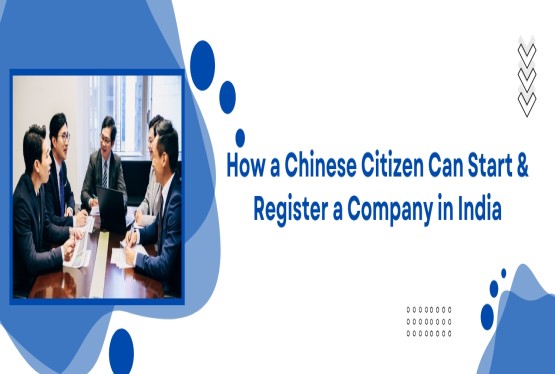

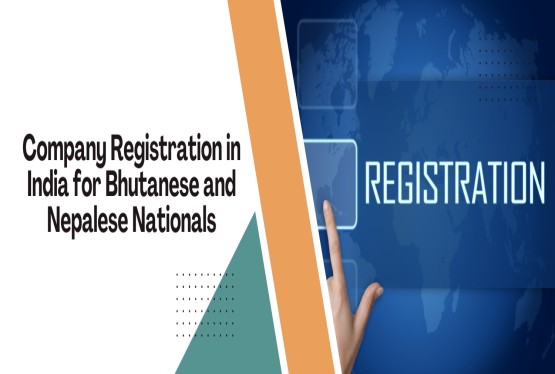
_learn_crop10_thumb.jpg)









